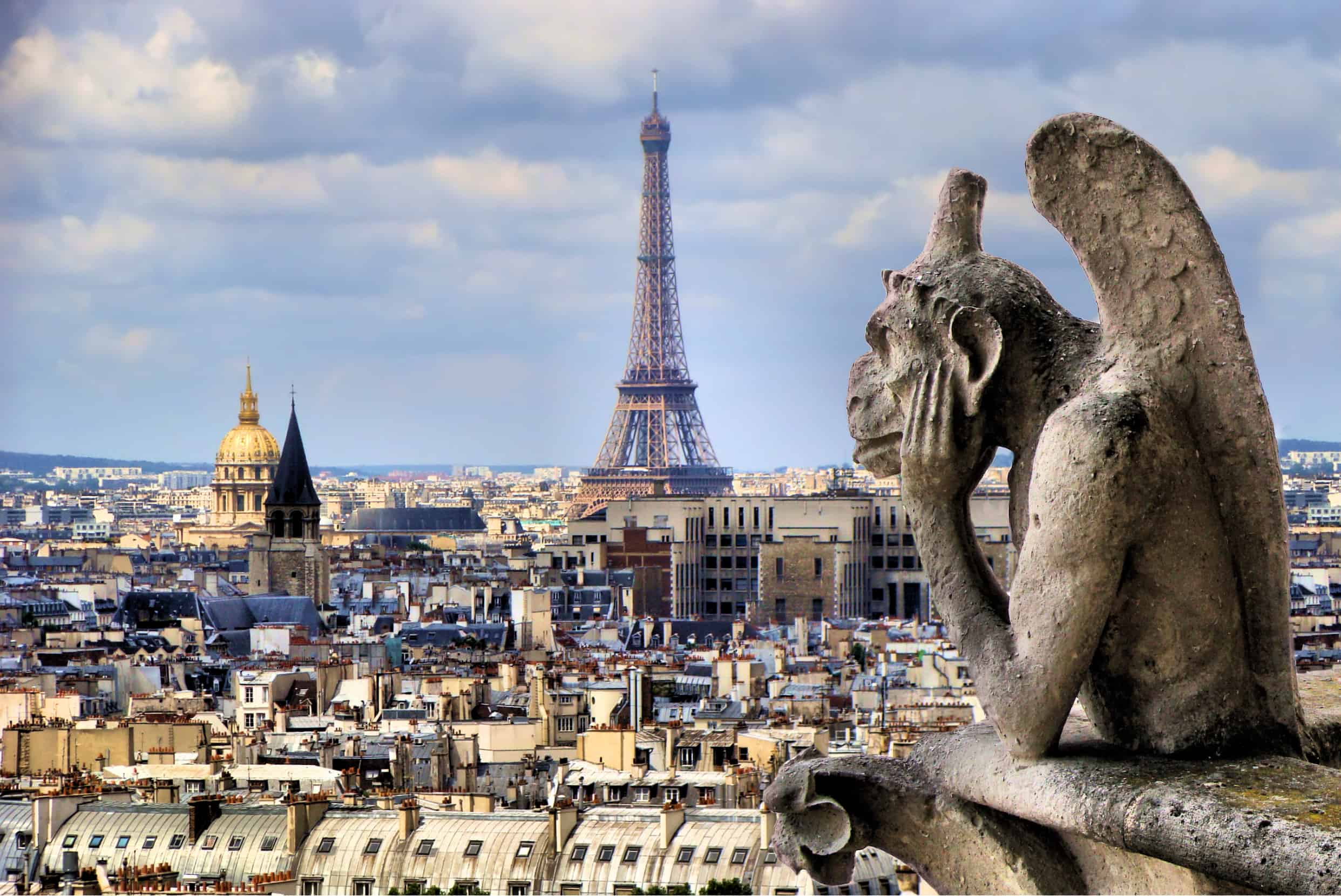Brookings – Muslims and the secular city: How right-wing populists shape the French debate over Islam

Understanding the place of Islam in France, where attitudes toward religion are shaped by the Republic’s foundational creed — laicité, France’s activist state-secularism — is challenging. Since all public religiosity is problematic, it is not always easy to differentiate between far-right mobilization and a much broader set of political dynamics. For instance, there have been huge controversies around “the veil,” complete with Burkini polemics, but these are not issues confined to right-wing populist parties such as National Rally (previously National Front). Of course, such parties make the most of opportunities to rally against Islam, but these controversies around public religion feature in French political culture across the spectrum and are not merely the province of far-right ideology or populism.
Thus, to understand the relationship between right-wing populists and Islam in France requires keeping in mind three key historical pillars: the Republic’s attitude toward religion of any kind, colonialism and decolonization, and France’s history of anti-Semitism, including its role in the Second World War.
The French Revolution was as much a revolt against the Church and organized religion as it was a revolt against the monarchy. The late 18th and 19th centuries, as well as the beginning of the 20th century, is the story of the expropriation and marginalization of the Catholic Church and of all religions, first from government, then from education and then more broadly from public life. The Republic was constructed in direct opposition to organized religion but also in opposition to faith. This is the axis around which all relationships between politics and religion are organized.
As a result, the Republic’s ideological credentials are inseparable from an assertive, and often militant, secularism. Progressive politics specifically, but mainstream politics in general, of any kind in France, remain defined by a deep suspicion of religion. A tradition of French Catholic socialism exists, but it is no longer a powerful ideological tradition. As such, French progressives can often sound incredibly intolerant of religion — and therefore intolerant of religious minorities. Thus, attitudes toward Islam can look and sound remarkably similar across the political spectrum: the French left can be as intolerant of hijabs, as are French Conservatives, populists, or members of the far-right. The former oppose the headscarf from the standpoint of a neutral, universalist space protected from religion of any kind. By contrast, more traditional, conservative Catholics object by claiming France’s culture is Catholic. Most French citizens favor a view of religion as private faith, rather than public display. In an October 2019 survey (following a speech by President Emmanuel Macron stressing the need for what he called, “a society of vigilance” in matters of religion), Institut français d’opinion publique (Ifop) reported that 75 percent of the French public favors banning the display of all religious symbols by public employees (the figure dips slightly to 72 percent for employees of private firms), and that 82 percent favor banning all religious displays from the public space. These figures go well beyond the electorate of the National Rally and well beyond the left-right divide.
A recent book by the scholar Olivier Roy — Is Europe Christian? — outlines the political space occupied by French Catholics. As Roy puts it, no political party can afford to put Catholicism at the heart of its political program — or in fact go anywhere near it, because this speaks to only roughly five percent of the electorate.
Nota bene: ultimately, the Republic’s disapprobation of all forms of religion allows RN to piggy-back on broad-based secular values and position itself as a populist rather than a far-right party — one that engages, as all parties do in France, in the defense of the Republic against religious obscurantism.
The expulsion of religion from public life is also rooted in a longstanding suspicion of any intermediary body purporting to represent a sub-section of the population. The French are forever citing dangers of what they imagine as American “communitarianism,” a nightmare shared across the political spectrum.So, the possibility of religious representation of any kind is therefore doubly difficult, and even more so for Islamic organizations appearing to defy laicité, Catholicism, and the myth of direct links to the state
Source: Brookings





